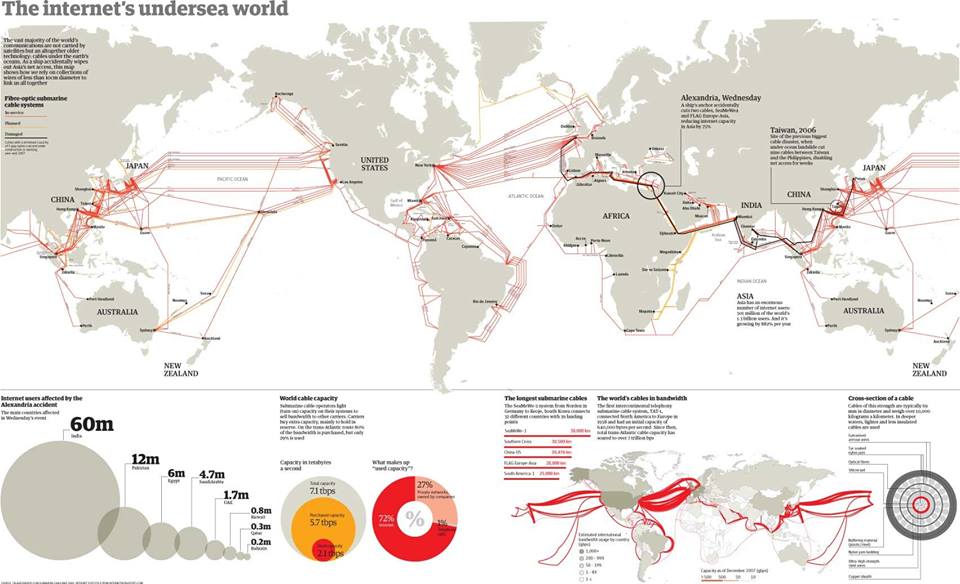I am a reader. I have always read vociferously but in recent years I have tried to be more strategic in what I read. You know those lists... "100 books you must read to be well read"? Well - I fall for them and have spent the last few years alternately ploughing through dreadfully long and turgid worthies whilst also discovering sparkling and glorious classics I would never have discovered on my own!
A book which has appeared on these lists recently (probably due to a Spielberg film!)is "Ready Player One" and it's also the book for summer with my book club (aka wine, gossip and snack night).
And I am blogging about this because.... I am only on chapter 2 and I have come across an exquisite vision of technology enhanced learning. The sort of thing which the most optimistic H800er would weep with joy over!
The first example of technology enhanced learning was a brief description of the virtual learning worlds the protagonist played in from babyhood. He describes how his mum and he went into these places together to learn much as a 5-year-old would describe a trip to the zoo or the museum.
In the story all students who 'pass' one level of school can then go to a virtual high school. The school is replicated thousands of times so each 'site' only has a normal number of students. The virtual building they go to has glorious marble foyers and fabulous facilities. Students attend in avatar form - the avatar must match the gender, age and species of the student (no unicorns, dinosaurs or so on). The students each have a virtual 'locker' in which they store their school supplies (presumably like a folder in a normal computer filing system) and attend lessons according to a timetable we would recognize as being a normal school timetable. Students have classmates - including friends, enemies, bullies, popular kids and geeks. But bullying can never get beyond verbal spats as the avatars cannot be violent to one another due to software precautions. Even verbal spats are controlled as any student can 'mute' any other student.
I saw the film so I know I am unlikely to learn much more about the school but what fascinated me was how easily I bought into the idea. We currently have very poor examples of Virtual Reality - nothing like OASIS (the hyperreal virtual world in which the story takes place) can be created. It can barely be imagined. However - when I was 15 I could never have imagined digital photographs, email, social media. I remember the first time I could pause live television.... it was like magic.
Maybe the ideas of some educators are simply running ahead of technology. They are trying to use the clunky, newly developed and bug ridden technology of today to create the sleek and streamlined learning environments and opportunities of the future. Their students get frustrated and their learning experience is compromised by tech glitches. Other educators can see the technology is clunky, new and bug ridden and therefore see no reason to move on from the reliable chalkboard and glitch-free paper text book. But the technology is racing onwards. It won't always be clunky and the bugs will be eradicated. Maybe there will be a generation who 'attend' school with little more than an internet connection and a headset.

